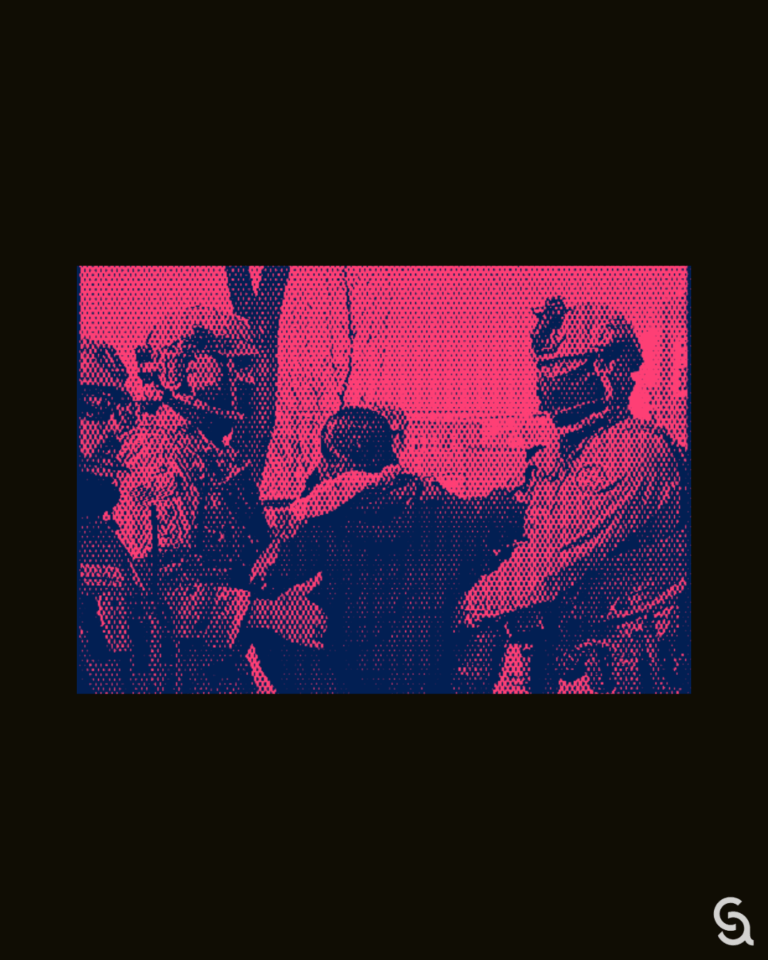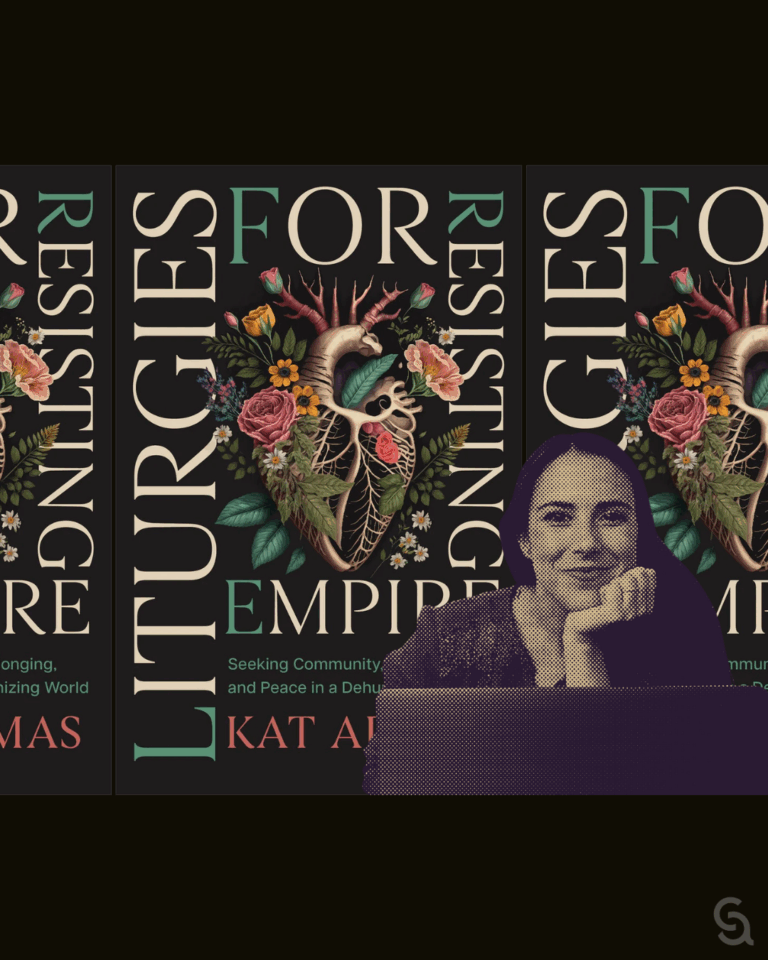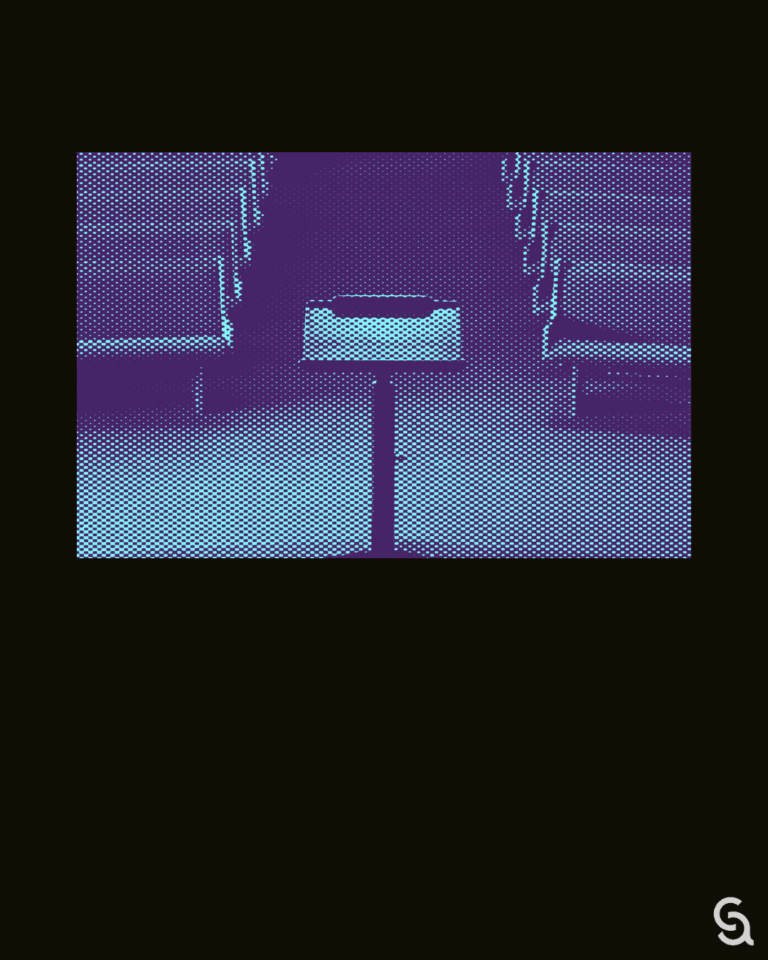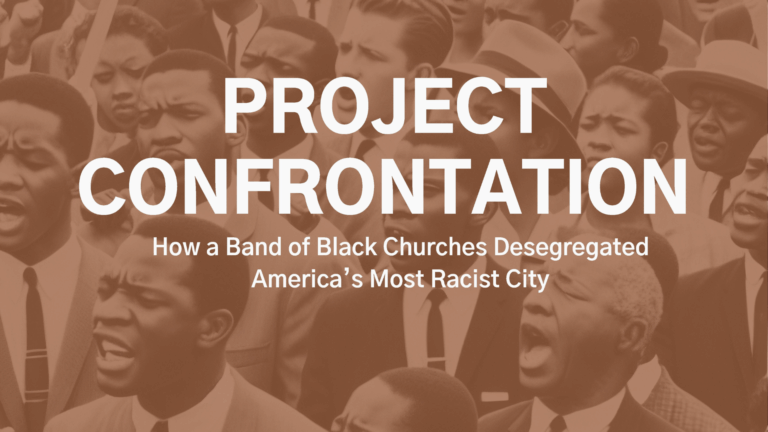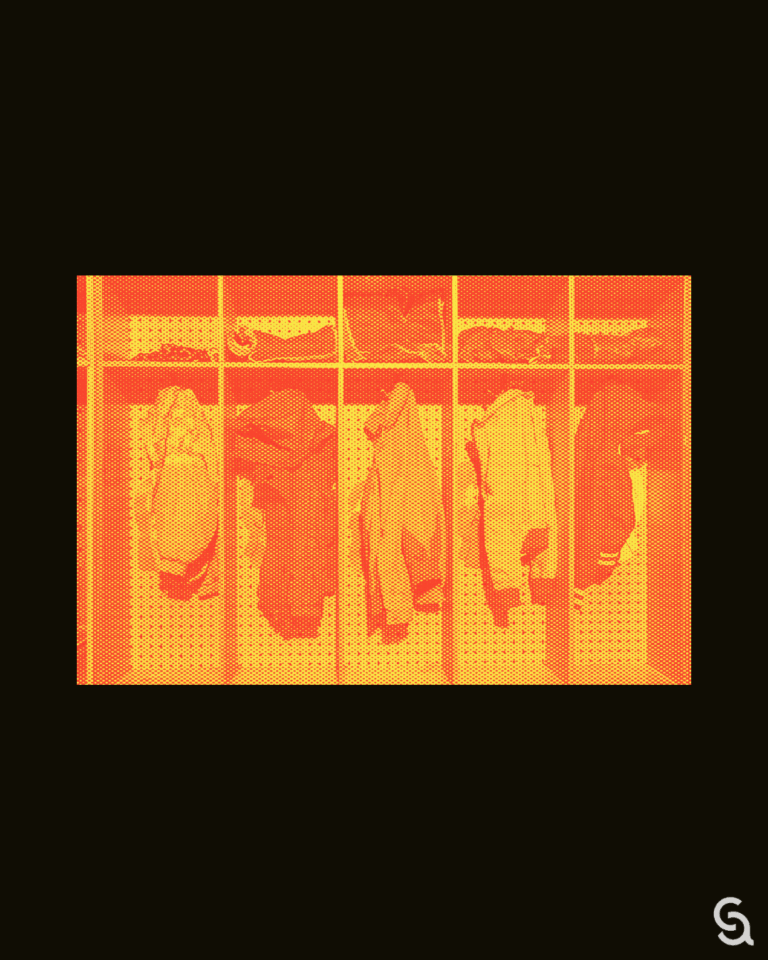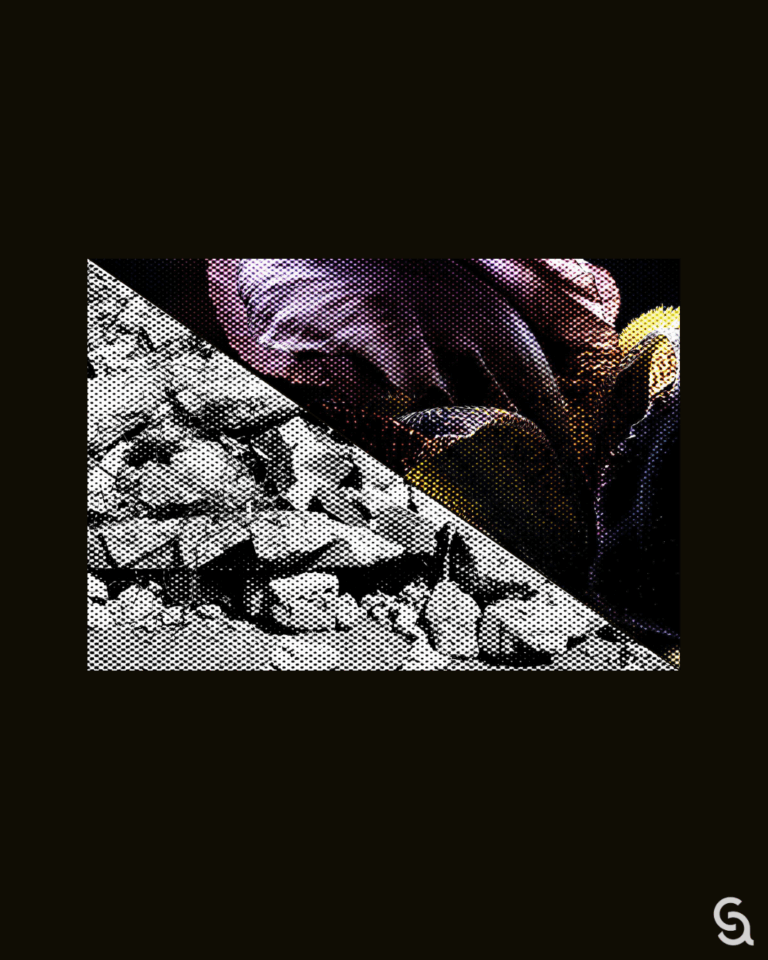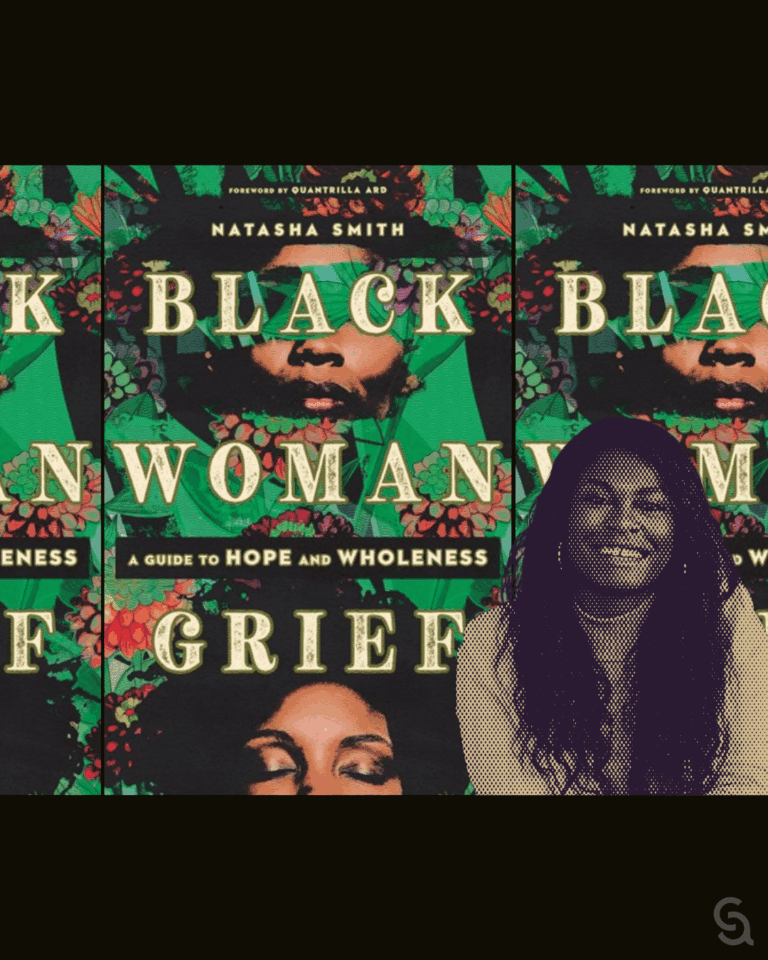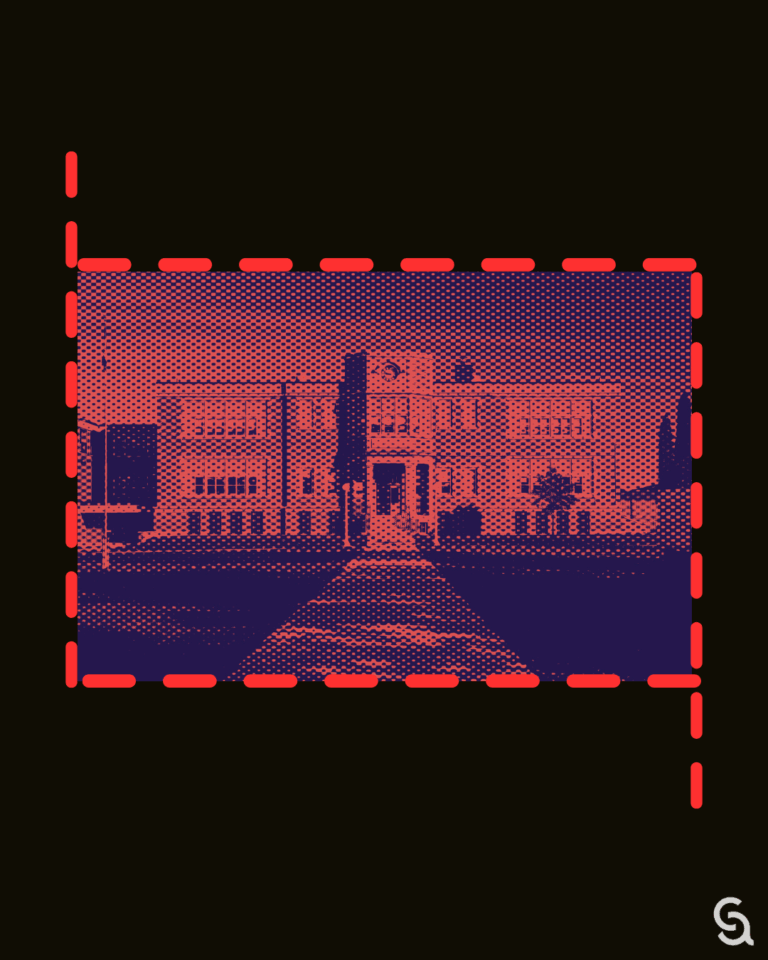
The Lamb Who Takes Away the Sin of the World: Advent, Empire, and Expansive Hope
By Rohadi Nagassar
John the Baptist spots his cousin off in the desert distance and beckons with excitement:
“Look, the Lamb of God, who takes away the sin of the world!” (John 1:29)
John’s words are worthy of our attention, because he articulates the future vocation of Jesus in a single sentence — a vocation that has been lost to many contemporary Christians, particularly those who reduce salvation to merely “personal” experience.


